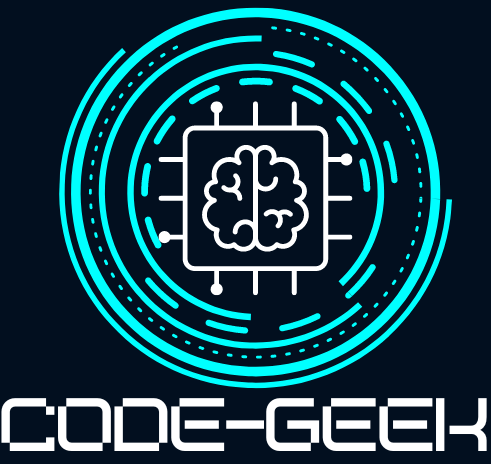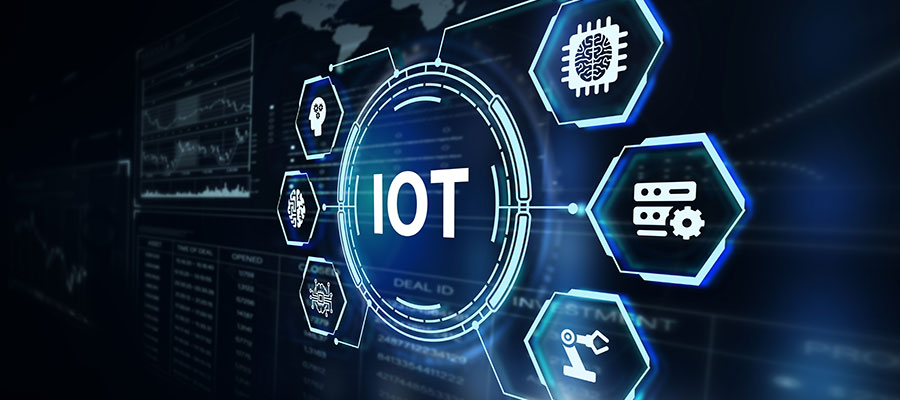The Internet of Things (IoT) is a concept that has transformed the way we interact with our environment. It refers to a vast network of physical devices, vehicles, appliances, and other objects that are embedded with sensors, software, and network connectivity. These smart devices can collect and share data, creating an interconnected ecosystem that transcends traditional boundaries.
How Does IoT Work?
At its core, IoT enables devices to communicate with each other and with other internet-enabled systems. Here’s how it works:
-
Sensor-Infused Devices: IoT encompasses a wide range of devices, from simple smart home gadgets like thermostats to complex industrial machinery. These devices are equipped with sensors that monitor various parameters such as temperature, humidity, air quality, and energy consumption.
-
Data Collection and Sharing: The sensors collect data, which is then shared across the network. This data exchange happens autonomously, without human intervention. Imagine a smart refrigerator notifying you when you’re running low on milk or a fleet of delivery trucks optimizing routes based on real-time traffic data.
-
Smart Decision-Making: The real magic lies in analyzing this data. Businesses can gain insights into customer behavior, market trends, and operational performance. Armed with this information, they can make informed decisions about strategy, product development, and resource allocation.
Why Is IoT Important?
IoT holds immense significance for businesses and individuals alike:
-
Efficiency and Productivity: By automating and optimizing processes, businesses can improve efficiency. For instance, IoT sensors can monitor equipment performance, detect potential issues, and prevent downtime. This reduces maintenance costs and enhances uptime.
-
Data-Driven Insights: IoT devices generate vast amounts of data. Analyzing this data allows businesses to understand patterns, trends, and anomalies. It’s like having a crystal ball that reveals customer preferences, operational bottlenecks, and growth opportunities.
-
Cost Reduction and Profitability: Automation reduces manual tasks, leading to cost savings. Whether it’s predictive maintenance or supply chain optimization, IoT helps businesses streamline operations and boost profitability.
The Expanding of IoT Landscape
IoT isn’t limited to gadgets; it’s shaping entire ecosystems. From smart cities to connected healthcare devices, the possibilities are boundless. As the number of internet-connected devices continues to grow, IoT will play an increasingly pivotal role in our lives.
Conclusion
In conclusion, the Internet of Things isn’t just about devices—it’s about creating a smarter, more interconnected world. So next time you adjust your smart thermostat or track your fitness with a wearable, remember that you’re part of this fascinating IoT journey.
Explore IBM Maximo to learn how IoT data, analytics, and AI can streamline asset operations and transform businesses. 🌐





.jpg)